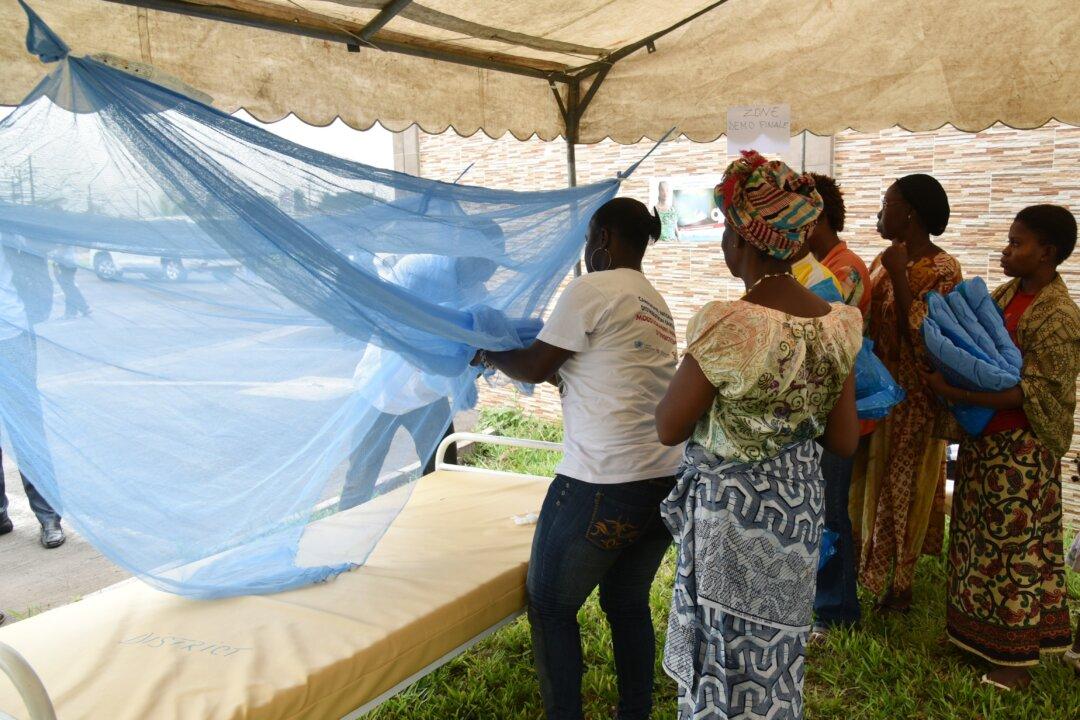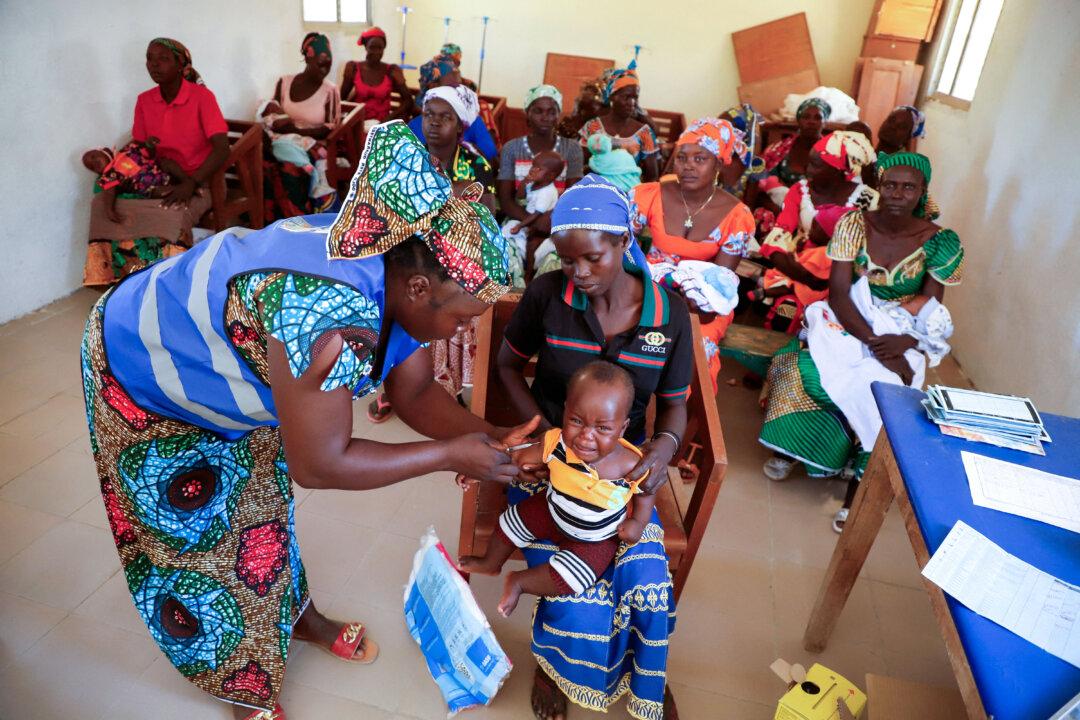Drusylia Forku Fontie, 28, didn’t initially want her infant daughter, Amelia Neba, to take the world’s first World Health Organization (WHO)-recommended malaria vaccine because of widespread speculation about the vaccine’s safety.
However, the fear that her 6-month-old baby might contract malaria again—after already suffering two bouts of the often-deadly parasitic infection—caused her to change her mind overnight.





